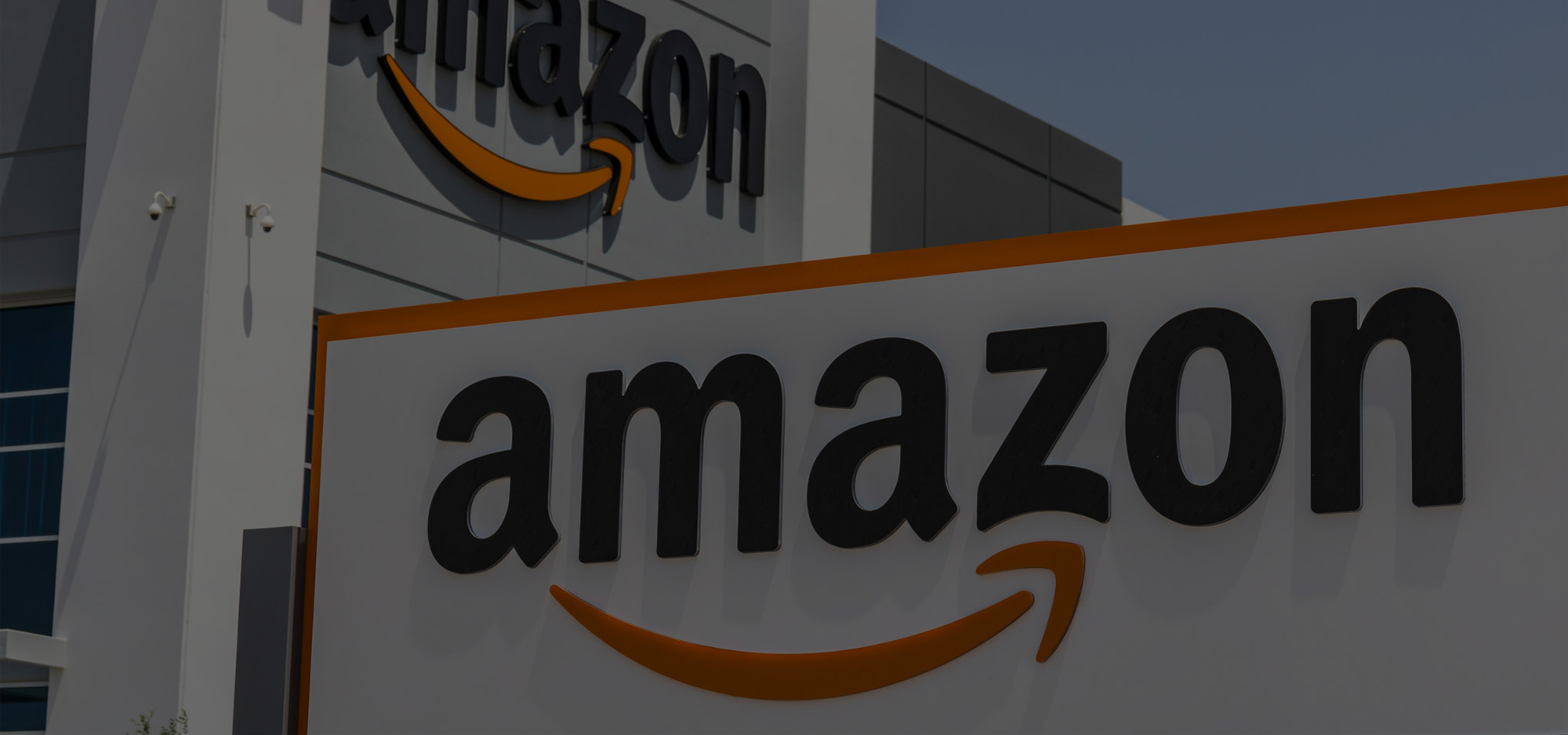
Amazon, Berkshire Hathaway and JP Morgan
It was announced yesterday that Amazon, Berkshire Hathaway, and JP Morgan are teaming up to take on the challenge of healthcare for their employees, which collectively total 1.2 million. It’s an exciting development as the industry trends toward a model that’s patient- and family-centered.
Splash Down
The announcement hit Wall Street like a tsunami. From insurers to pharmacies to drug distributors, stock prices declined by 2 to 7 percent. Such is the fear — and opportunity — of Amazon entering entrenched markets.
Across the country, reverberations broke out despite scant details. We’ve heard a decent amount of optimism and skepticism. What are these three companies trying to achieve? What are their chances of success? Much remains to be seen.
The trio of behemoth companies did indicate that they would be forming an independent, not-for-profit company. And, the New York Times reported that “the companies said they would initially focus on using technology to simplify care…”
Flowing Along
That’s exactly what Outpatient Inc is all about. We believe healthcare needs to interface with families in simpler — and more affordable — ways. We are definitely excited and optimistic about what this alliance can achieve as it parallels our mission of simplifying health.
We believe that the trio of companies will perfect healthcare distribution for their employees over the next couple of years before offering their platform to all employers and individuals. This is much like what Amazon did with Amazon Web Services. Refine an in-house solution and then release it to all.
Whatever distribution system is created, we believe that the upshot will mean centralization, similar to our goal at Outpatient Inc. In healthcare, centralization will go a long way toward solving the biggest frustrations. This includes the mind-boggling fragmentation of various hospitals, networks, and offices. You’ve probably encountered this: repeating your medical history and insurance information every time you see a new doctor. While that’s a minor inconvenience, a fragmented system has certainly led to miscommunication and dire consequences for patients.
Cost also ranks high among frustrations, for both medical care and the time spent caring for family members. By 2020, 45 million Americans will be caring for 117 million elderly people, resulting in $522 billion in lost income. And people will directly spend $509 annually for every elderly person under their care, a 69 percent increase from 2016, according to AARP research. That’s a crushing statistic before even taking into account any amounts that we spend on ourselves and our children.
The situation has come to a head. The move by Amazon, Berkshire Hathaway, and JP Morgan reflects the desperate need for change. Each of these companies brings a set of strengths that gives them the advantage of time, expertise and money. It’s the ideal combination for having a real shot at changing how healthcare is priced, distributed, performed and paid for.
We applaud the effort. Ultimately, we want to do our part in improving healthcare delivery and making it simpler for patients, families, physicians, and everyone involved.






